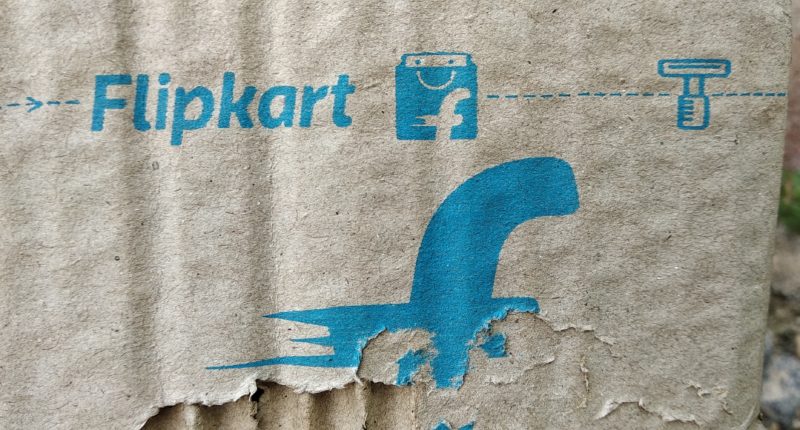Almost replicating its decision on the Amazon vs CCI case, the Karnataka High Court has now granted an interim stay on the CCI(Competition Commision of India) probe into Walmart-owned Flipkart. The e-commerce giant had been accused of indulging into violation of competition law, primarily related to predatory pricing.
The probe initiated when CCI ordered an investigation, allegedly without evidence, into Amazon Seller Services and Flipkart Internet last month after it received complaints from trader body Delhi Vyapar Sangh.
“Flipkart got a stay on the same lines as Amazon,” reports Mint, citing one person directly involved in the matter, requesting not to named. The company had filed a writ petition, making stark allegations on CCI, accusing the anti trust regulator of making assumptions on the basis of pure speculation.
“The bare perusal of the impugned order makes it evident that the CCI has proceeded on the basis of mere speculation and has failed to appreciate that such an order exposes responsible corporate entities like the petitioner to the rigours of an intrusive investigation prejudicially affecting not only its credibility and reputation but also its commercial prospects,” Flipkart said in its petition.
The two companies, Flipkart and Amazon, had been accused of predatory pricing and preferred treatment to select sellers. The investigation also accused India’s biggest ecommerce platforms of having exclusive partnerships with brands. Both Flipkart and Amazon India faced accusations of offering deep discounts, something their offline retail competitors cannot afford to provide. Thus, the two companies were effectively trying to create a monopoly and disturb the free market.
However, on 14th January, Karnataka HC ordered a stay on the investigation, providing relief to both companies, including Flipkart.
Allegations like these are not new, as companies like Amazon and Flipkart are accused of breaching antitrust laws on a regular basis. Amazon has been under scrutiny in the U.S. as well for similar reasons, with political leaders like the POTUS Donald Trump publicly claiming that the company holds too much power.
The most notorious display of Amazon’s breach of antitrust laws probably is the 2010 Diapers.com fiasco when Amazon dropped its diaper prices to practically pennies, eventually causing Diapers.com to submit for an acquisition just because the company wanted the URL for itself.
The Tech Portal is published by Blue Box Media Private Limited. Our investors have no influence over our reporting. Read our full Ownership and Funding Disclosure →






